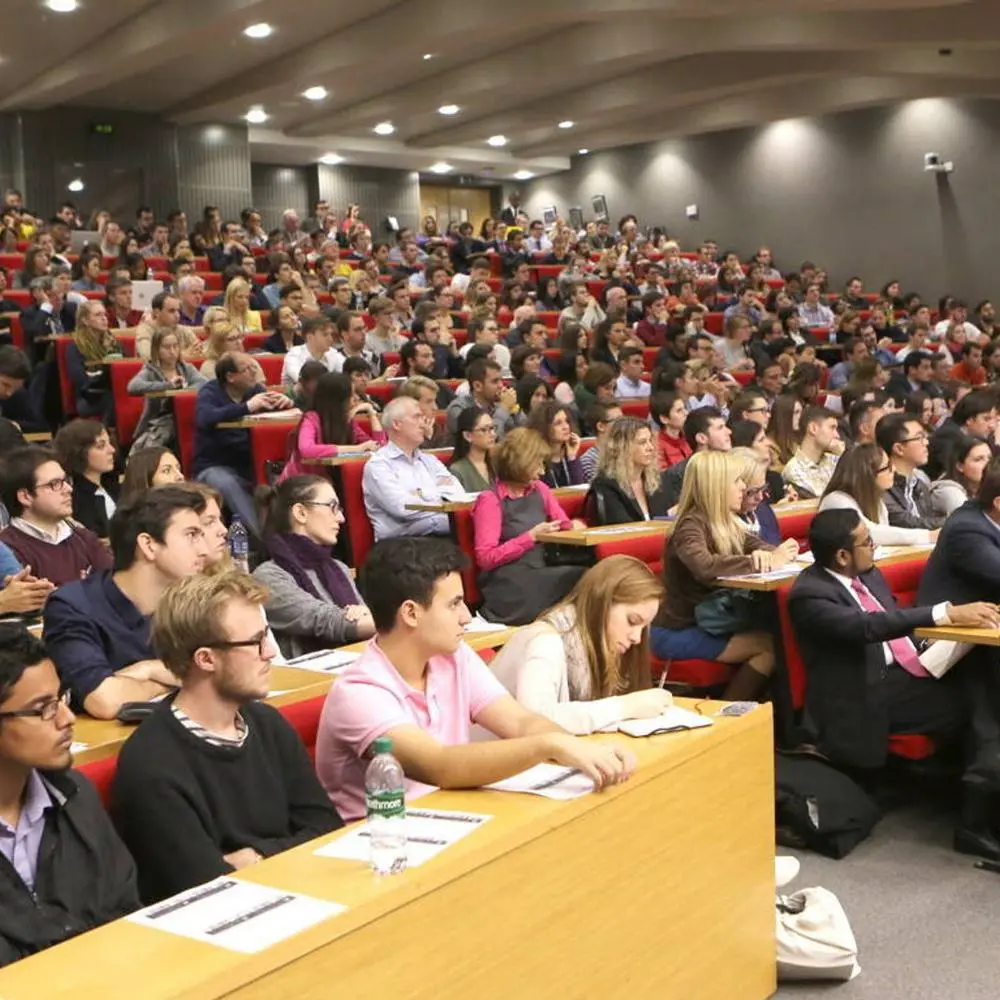30 Years After the Fall of the Iron Curtain: Europe's pasts and futures
Our panel, made up of ‘1989’ and ‘Millennial’ generations will come together to build a unique dialogue about Europe’s past and future.
1989 was a moment of hope and democracy for Europe. In June of that year, nearly 30 million Italians voted for a united Europe - some 88 per cent of voters on an 81 per cent turnout. From the summer onwards in Hungary and Poland decisive steps were taken towards multiparty democracy. By the end of the year, in the most iconic events of 1989, the Peaceful Revolution erupted in East Germany.
The end of communism had come into view and the dawn of a politically united Europe had arrived. Thirty years on the hopes of ’89 have met their difficult realities. Nationalism often appears to trump unity. Technocratic integration has still not had its ‘Monnet moment’ and led to real political unity. Yet the need for Europe is also stronger than ever. From climate change to globalisation, cooperation is a necessity not a luxury.
The event will be followed by drinks and refreshments in the ground floor of the LSE Centre Building on Houghton Street.
Speaker biographies
Barbara Einhorn (@BarbaraEinhorn) is Emeritus Professor of Gender Studies at the University of Sussex and author of Cinderella Goes to Market Citizenship: Gender and Women’s Movements in East Central Europe (Verso, 1993).
Alena Ivanova (@bungeeless_jump) grew up in Bulgaria in the 1990s and is today an anti-Brexit campaigner in London with the Another Europe Is Possible campaign.
Christos Katsioulis (@ChrisPeristeri) currently heads the Friedrich-Ebert-Stiftung's (FES) London office. Previously, he was director of the FES office in Brussels and Athens and worked as expert on foreign affairs and security questions at FES headquarters in Berlin. He studied political science and history in Trier and Thessaloniki.
Ana Oppenheim (@AnaOpp) grew up in Poland in the 1990s and today is an anti-Brexit campaigner in London with Another Europe Is Possible.
Gert Weisskirchen is a former member of the German Bundestag and was active in European Nuclear Disarmament in the 1980s.
Mary Kaldor (@KaldorM) is a professor of Global Governance at the LSE and was a leading figure in the European peace and human rights movement of the 1980s.
This event is hosted by The Conflict and Civil Society Unit (@LSE_CCS). Building on the work of the Civil Society and Human Security unit, the team was renamed in 2017 to reflect the changing focus of the research being undertaken. The core concern of the unit remains the desire to better understand the ways in which ordinary people seek to shape the decisions that affect their lives, with a particular focus on those experiencing conflict, prolonged violence, or war.
LSE holds a wide range of events, covering many of the most controversial issues of the day, and speakers at our events may express views that cause offence. The views expressed by speakers at LSE events do not reflect the position or views of The London School of Economics and Political Science.
From time to time there are changes to event details so we strongly recommend that if you plan to attend this event you check back on this listing on the day of the event.
Whilst we are hosting this listing, LSE Events does not take responsibility for the running and administration of this event. While we take responsible measures to ensure that accurate information is given here (for instance by checking that the room has been booked) this event is ultimately the responsibility of the organisation presenting the event.
LSE holds a wide range of events, covering many of the most controversial issues of the day, and speakers at our events may express views that cause offence. The views expressed by speakers at LSE events do not reflect the position or views of the London School of Economics and Political Science.
